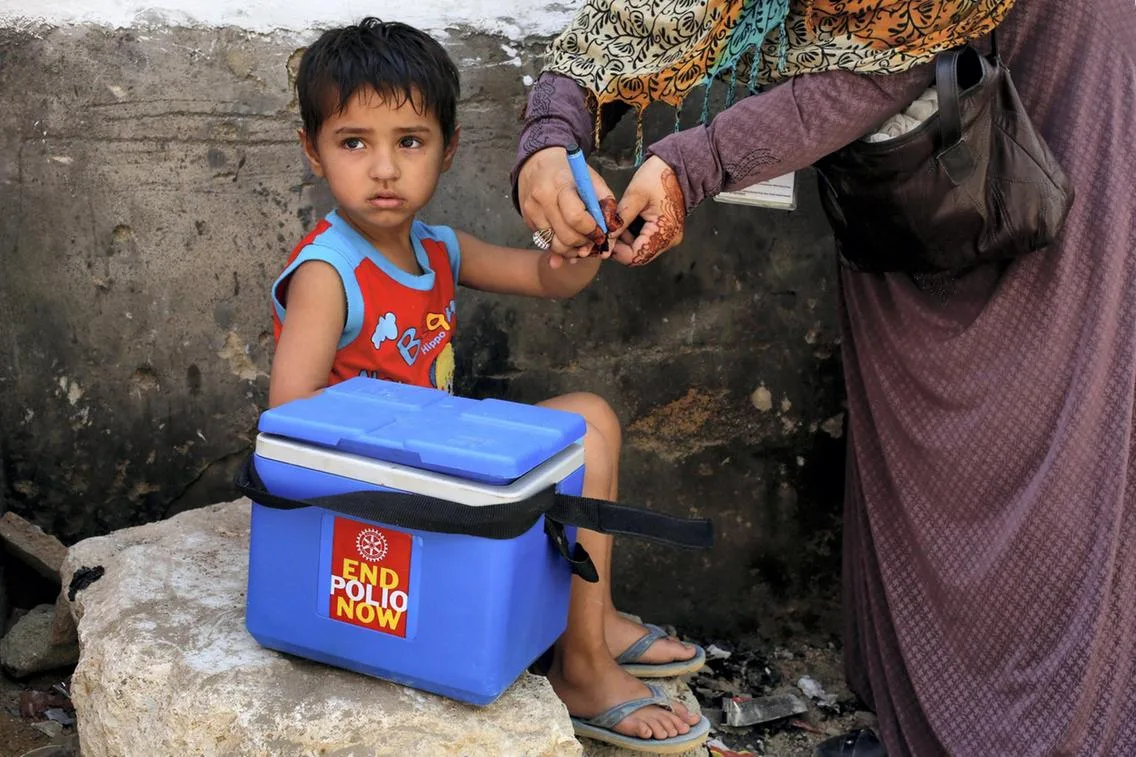Polio Vaccine Refusal Cases Surge in Pakistan
During the recent anti-polio campaign held in Pakistan from April 21st to 27th, 2025, health officials encountered significant resistance, with over 60,000 cases of vaccine refusal recorded, according to sources.
Reasons Behind the Refusals
While specific reasons for the refusals weren’t detailed, vaccine hesitancy often stems from:
- Misinformation and rumors about vaccine safety
- Lack of trust in healthcare workers or government programs
- Religious or cultural beliefs
- Concerns about side effects
Impact on Polio Eradication Efforts
These refusals pose a serious challenge to Pakistan’s efforts to eradicate polio, a crippling and potentially fatal disease that mainly affects children. Polio can cause paralysis and even death. The poliovirus spreads through contaminated water and food, and multiplies in the intestine. It is then shed into the environment through feces where it can spread rapidly through the community, especially in areas of poor hygiene and sanitation.
Consequences of Continued Vaccine Refusal
Continued vaccine refusal can lead to:
- Outbreaks of polio in unvaccinated communities
- Increased risk of disability and death among children
- Strain on healthcare resources
- Hindrance to global polio eradication goals
Strategies for Addressing Vaccine Hesitancy
Addressing vaccine hesitancy requires a multi-faceted approach, including:
- Community engagement and education to address misinformation
- Building trust between healthcare workers and communities
- Involving religious and community leaders in promoting vaccination
- Improving access to healthcare services
Final Overview
The high number of polio vaccine refusals in Pakistan highlights the urgent need for targeted interventions to address vaccine hesitancy and ensure that all children are protected from this preventable disease. Overcoming these challenges is crucial for achieving a polio-free future.



+ There are no comments
Add yours